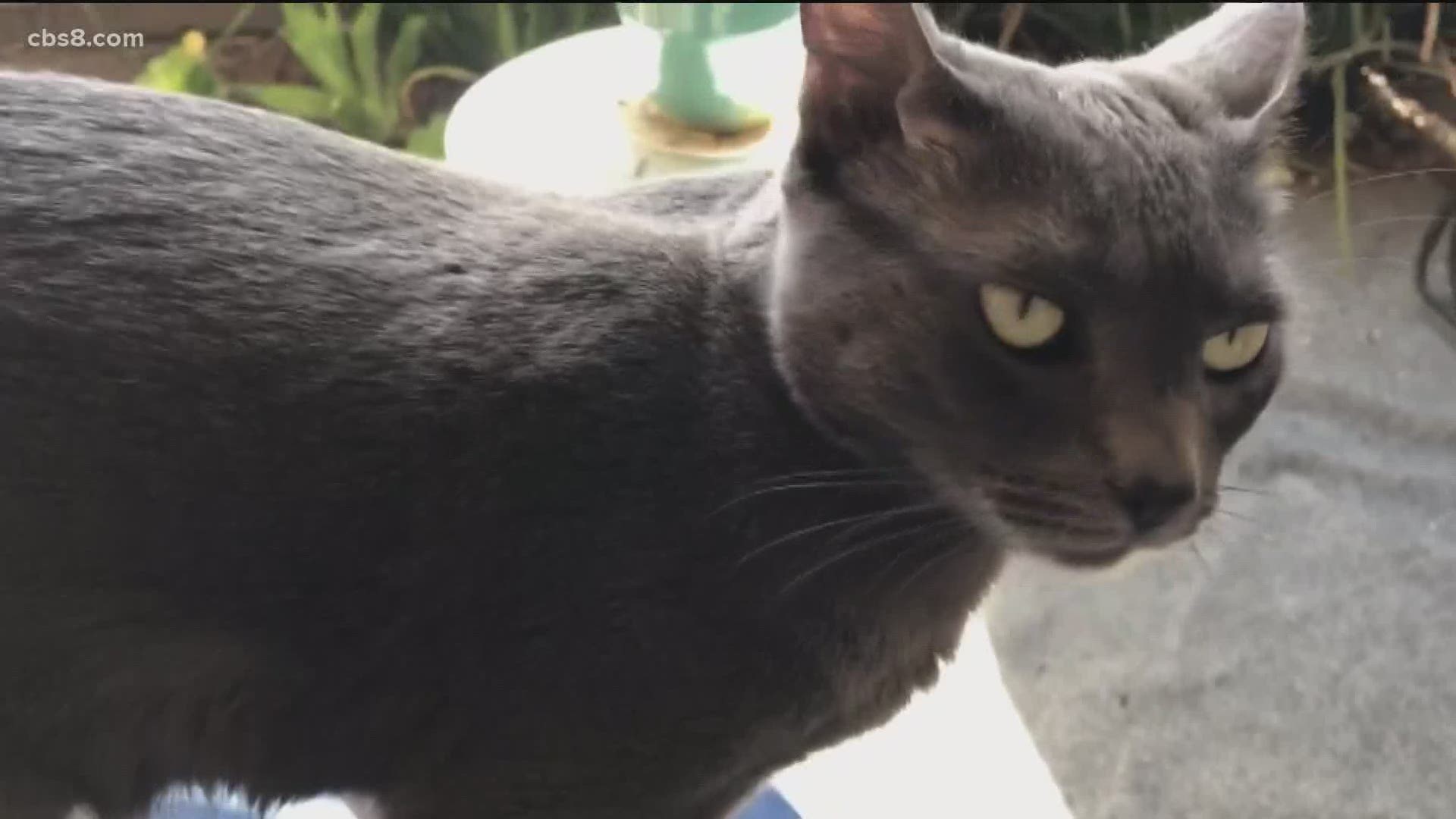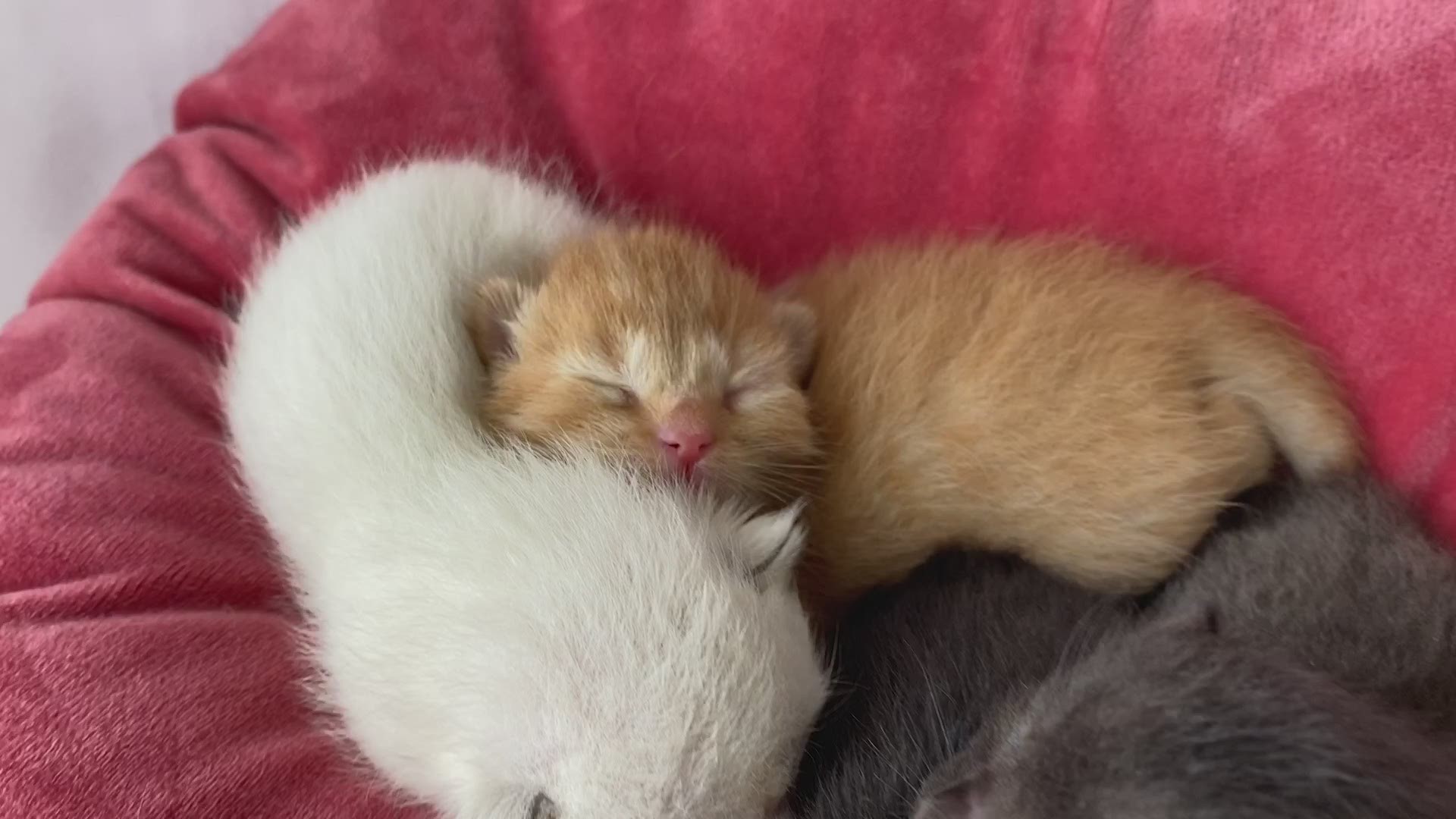With so many people nationwide out of work because of the pandemic, the number of homeless pets is expected to rise.
A coalition of animal shelters from across the country is looking at ways to keep pets with their original owners, even if their owner has fallen on hard times. The San Diego Humane Society is one of a dozen organizations chosen to lead this initiative.
"All animals do better in a home. There's no question," said Dr. Gary Weitzman, President of the San Diego Humane Society.
The pilot program is called "Human Animal Support Services" or HASS. The ideas for HASS were born during the early days of COVID-19, as the pandemic resulted in record numbers of pets being housed in the community through pet foster care.
"This new model is really to ensure that people can keep their own pets," said Weitzman. "So, every ounce of what we do should be about keeping animals with their families. Whether that's with medical support, through food and supply provisions [or] through emergency boarding in which maybe they do come to the shelter for a little while."
The other HASS pilot organizations include Humane Rescue Alliance (Washington, DC), Charlotte-Mecklenburg Animal Care and Control (Charlotte, NC), Greenville County Animal Care (Greenville, SC), LifeLine Animal Project (Atlanta, GA), Cabot Animal Resource Center (Cabot, AR), Kansas City Pet Project (Kansas City, MO), El Paso Animal Services (El Paso, TX), Pima County Animal Care (Tucson, AZ), Los Angeles Animal Services (Los Angeles, CA), Oakland Animal Services (Oakland, CA) and Fresno Humane Animal Services (Fresno, CA).
"San Diego was chosen because they are so progressive already in this field," said Ellen Jefferson, the executive director of American Pets Alive.
"What this initiative is really about is re-looking at the funds that we're all spending on animals and looking at how we can spend that on those same animals, but with their people," she added.
"We know there's going to be a massive influx of homeless animals coming into the shelter because people can no longer keep them," she said. "So, anything we can do to shore that up - crowdsourcing, paying pet deposits, finding an animal to foster for three months while someone is trying to find another place to live -- those are the kind of initiatives we're looking at at a grassroots level."
Weitzman said the COVID-19 pandemic taught some valuable lessons. He said partnering with volunteers in the community will make this program a success.
"One of the positives, if you can find any of COVID-19, is that we are actually now looking at a new way to take care of animals," he said. "We know the public will step up and help us. They've done that in droves during the last three months with fostering, and with adopting."
HASS hopes to launch the programs in the pilot organizations within a year. From there, the goal is to expand it to other shelters across the country.



